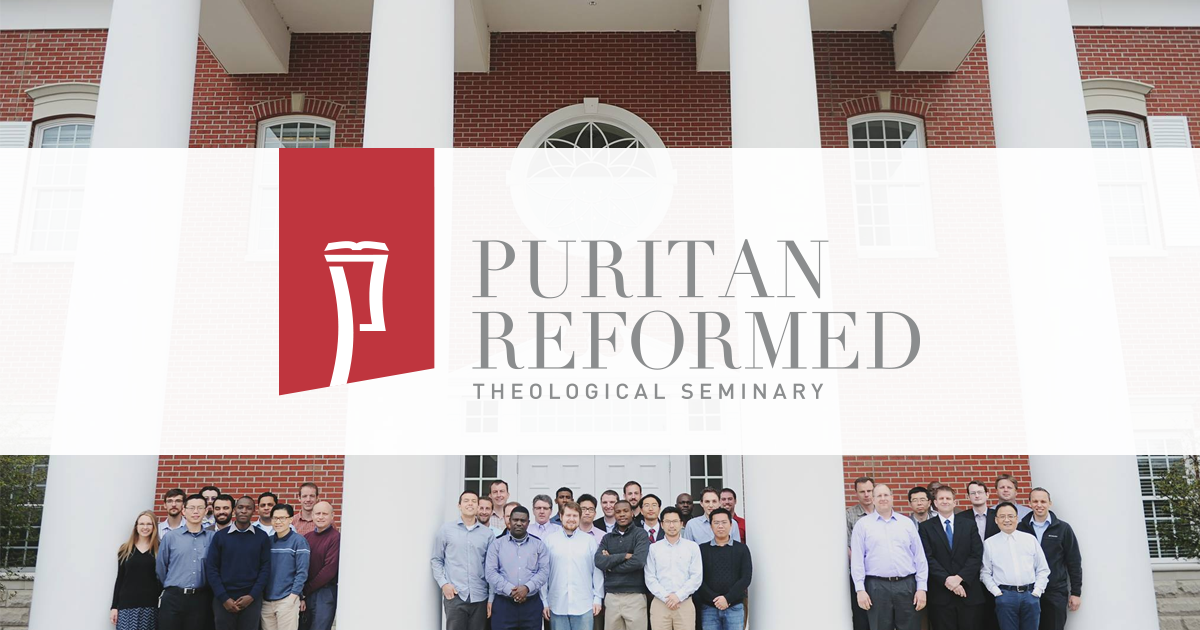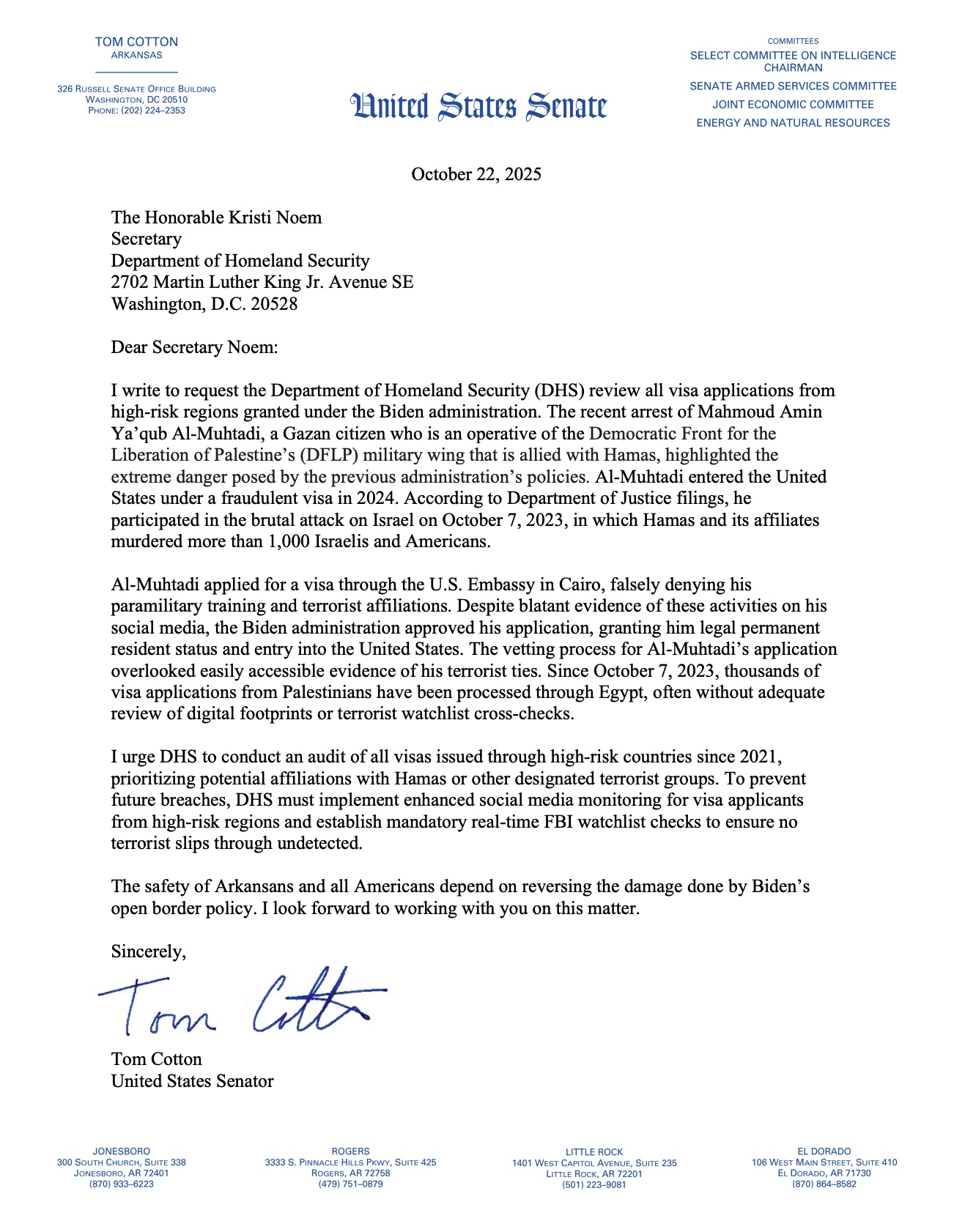Troll says what?
You are using an out of date browser. It may not display this or other websites correctly.
You should upgrade or use an alternative browser.
You should upgrade or use an alternative browser.
I voted for this!
- Thread starter Diogenes
- Start date
When did trump get the right to fine anyone?President Trump might FINE Harvard a whopping $500 million
Harvard is one of America's greatest assets. I can see why you hate it so much.People treat Harvard like it's some holy relic that can't be kicked in the ass when it screws up.
They get money to develop great scientific advancements for the USA. They were never a seminary. Technically, they have always been nondenominational, so could not have been a seminary. They were de facto Puritan, who did not believe in seminaries.They get taxpayer money to screw up kids heads. It's amazing that Harvard started as a seminary.
The national average is 3.071, with the lowest state average being $2.612. There might be a station or two below $2.00, but they are scams. The right wing will take a station that is closed, open it for one car that is sold $1.99 gasoline, and then close it again.The Experts are SILENT after gas just dropped to or below $2.00/gallon in MULTIPLE areas, averaging $2.99 countrywide
Q: What does Legion get by spamming JPP?
A: The relief from his loneliness.
A: The relief from his loneliness.
The national average is 3.071, with the lowest state average being $2.612. There might be a station or two below $2.00, but they are scams. The right wing will take a station that is closed, open it for one car that is sold $1.99 gasoline, and then close it again.
As of October 24, 2025, GasBuddy reports the current US national average retail price for regular unleaded gasoline at $2.98 per gallon. This reflects a continued decline from the sub-$3.00 levels first hit over the weekend, driven by increased OPEC+ oil production.
When did trump get the right to fine anyone?
He didn't, did he?
Harvard is one of America's greatest assets.
Is it?
I can see why you hate it so much.
I don't recall evincing any hatred.
They get money to develop great scientific advancements for the USA.
So you say.
They were never a seminary.
Harvard was originally a seminary that trained ministers, as it was founded in 1636 by Puritan leaders to serve the religious needs of the colony
Technically, they have always been nondenominational, so could not have been a seminary.
Is that so?
They were de facto Puritan, who did not believe in seminaries.

Puritan Reformed Theological Seminary
Preparing students to serve Christ and His church through biblical, experiential, and practical ministry.
Puritans did not believe there should be seminaries. They believed education was important, especially for religious leaders, but did not believe in seminaries. They wanted the education to be more broad.Harvard was originally a seminary that trained ministers, as it was founded in 1636 by Puritan leaders to serve the religious needs of the colony
Puritans did not believe there should be seminaries. They believed education was important, especially for religious leaders, but did not believe in seminaries. They wanted the education to be more broad.
Take it up with Wikipedia. And Harvard.
Yes, Harvard University can be considered a seminary in its earliest form (1636–early 18th century) due to its founding purpose of training Puritan clergy and its initial curriculum. However, it evolved beyond this role over time, especially by the 18th century, and was never formally a seminary in the modern denominational sense. Harvard University was established in 1636 by a vote of the Great and General Court of the Massachusetts Bay Colony, with significant support from Puritan settlers.
According to the Harvard University website (www.harvard.edu) (www.harvard.edu), John Harvard, the first major benefactor, donated half his estate and over 400 books, though he did not found the institution himself.
The official founding was driven by the Puritan desire to train clergy for the new English-speaking world, as noted in the "Harvard in the 17th and 18th Centuries" research guide on guides.library.harvard.edu. This guide states that Harvard was created "to train and educate clergy," and religion played a dominant role in its early curriculum, with a focus on Greek, Latin, and Hebrew for scriptural interpretation.Wikipedia’s page on "History of Harvard University" (as of the latest updates) aligns with this, describing Harvard as initially founded to address the shortage of trained ministers in the colony.
All of its 17th-century presidents were clergymen, and the curriculum heavily emphasized theology, reflecting its Puritan roots.
Show me where Wikipedia says that.Take it up with Wikipedia. And Harvard.
Yes, Harvard University can be considered a seminary in its earliest form

